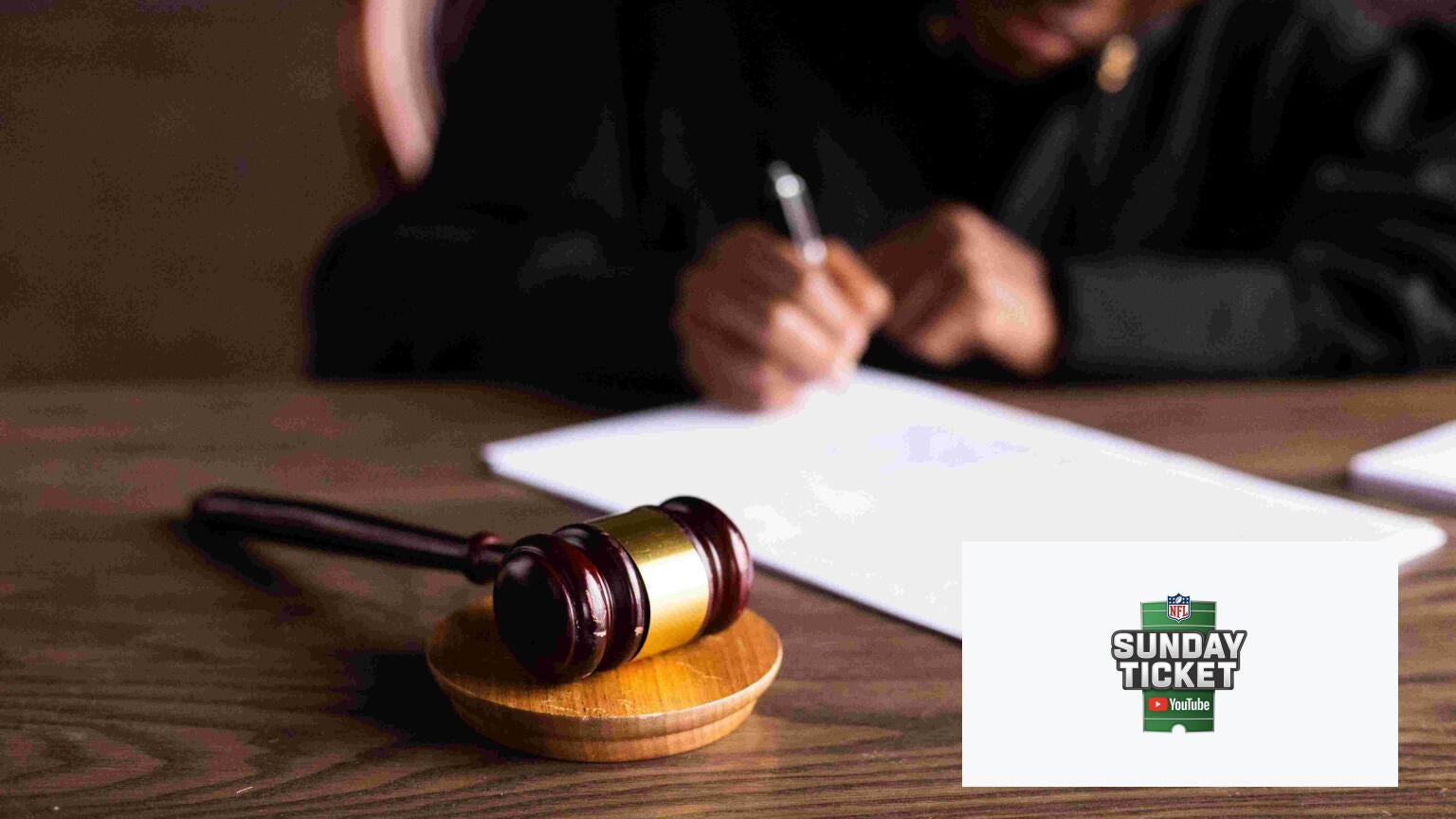Jury Rules Against NFL in Sunday Ticket Case; How Much Will NFL Broadcasting Change This Season?
Jury Rules Against NFL in Sunday Ticket Case; How Much Will NFL Broadcasting Change This Season?
The jury has ordered the NFL to pay nearly $5 billion in damages, but it could be a while before the league has to write that check.

The verdict is in. The NFL has been found liable for damages in the nearly decade-long NFL Sunday Ticket lawsuit, and has been ordered to pay $4.7 billion to residential customers to the out-of-market games service, as well as another $96 million to bars, restaurants and other commercial establishments. The ruling could have far-reaching implications for the league’s broadcasting arrangements, but there’s also plenty of ways for the league to delay consequences from the case, or evade them entirely.
Key Details:
- Damages in the case will be tripled to nearly $15 billion, since it’s an antitrust suit.
- The league may have to allow its teams to begin making out-of-market broadcasting deals for themselves.
- Before any consequences take hold, the NFL can take advantage of a potentially lengthy appeals process.
Because the lawsuit was brought on the grounds of antitrust violations, monetary damages are tripled. That means that if the NFL can’t find a way out of the jury’s ruling, it will have to pay more than $14 billion total to all parties represented in the class-action case.
The lawsuit was first filed in 2015, and the main argument made by plaintiffs is that by charging a high price for NFL Sunday Ticket, and by making sure fans couldn’t find out-of-market games anywhere else or pay for a reduced package of games, the league and its distribution partner at the time DIRECTV were violating antitrust laws with Sunday Ticket.
Originally the plaintiffs sought a total of $7 billion in damages, so the league caught a small break in the proceedings. Still, the ruling is much in line with what legal analysts predicted when arguments in front of the jury began. The biggest consequence from the league’s perspective is that its teams may be allowed to sell their out-of-market rights individually going forward, scattering them far and wide across broadcasters and streaming services.
“We are disappointed with the jury’s verdict today in the NFL Sunday Ticket class action lawsuit,” the league said in a statement. “We will certainly contest this decision as we believe that the class action claims in this case are baseless and without merit. We thank the jury for their time and service and for the guidance and oversight from Judge Gutierrez throughout the trial.”
Will NFL Ever Actually Pay Up?

Despite the seemingly bleak outcome for the NFL, the league stands a decent chance of walking away from the affair without having to pay a cent or change anything about the way Sunday Ticket operates. First, it could ask the judge in the case to render a judgement notwithstanding the verdict. Essentially Judge Phillip Gutierrez could rule that the jury misapplied the law, or that damages are so extreme in the verdict that they would equate to a miscarriage of justice.
Gutierrez has expressed skepticism for the plaintiffs arguments at several points in the trial.
“The way you have tried this case is far from simple,” Gutierrez told the plaintiff’s attorneys. “This case has turned into 25 hours of depositions and gobbledygook. … This case has gone in a direction it shouldn’t have gone.”
If that avenue fails, the league could appeal the verdict to the Ninth Circuit Court of Appeals. This process alone could take years, and if that decision too goes against the NFL it could take its arguments all the way to the Supreme Court. It could also settle with the plaintiffs, making a deal to pay less and make fewer sweeping changes to its out-of-market broadcasting arrangements.
In short, viewers shouldn’t expect any teams to move off NFL Sunday Ticket and seek broadcasting partners of their own for out-of-market contests in 2024. The league has already had internal discussions about what a post-Sunday Ticket landscape might look like, and if every avenue for legal remittance fails it, that plan could be unearthed once again. That plan called for the league to put out-of-market games on cable channels, but a distribution via streaming services like Netflix, Paramount+, Prime Video and others makes more sense today.
Amazon Prime Video
Amazon Prime Video is a subscription video streaming service that includes on-demand access to 10,000+ movies, TV shows, and Prime Originals like “The Lord of the Rings: The Rings of Power,” “Jack Ryan,” “The Marvelous Mrs. Maisel,” “The Boys,” and more. Subscribers can also add third-party services like Max, Showtime, STARZ, and dozens more with Amazon Prime Video Channels. Prime Video also offers exclusive live access to NFL Thursday Night Football.

